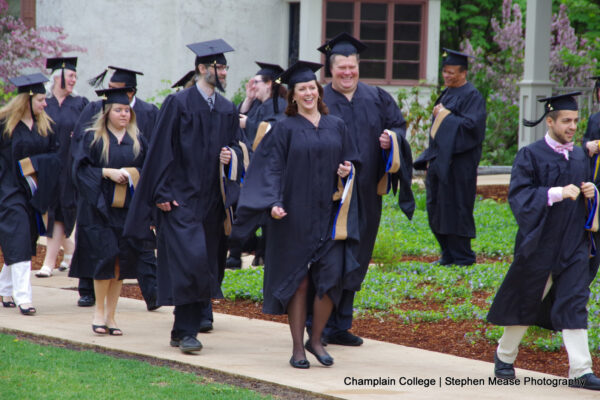Equity in Career AND Technical Education
Title: Voices From the Field
Authors: Hannah Dalporto and Betsy L. Tessler
Source: MDRC
MDRC has published a brief following a review of community college Career and Technical Education (CTE) programs. The review focuses on whether CTE provides equitable economic mobility for students regardless of race and ethnicity, gender, and other characteristics.
It also offers guidance for how to identify systemic barriers perpetuating inequity in CTE programs and strategies to reduce equity gaps. Data and information presented in the brief are drawn from MDRC-conducted interviews with administrators and staff from 17 community colleges, and select state-level CTE administrators.
Among others, suggested key practices to reduce opportunity gaps and promote equitable outcomes include:
- Recruitment: Review recruitment strategies, and identify those that may perpetuate inequities. Strategies include use of peer-recruiters, making marketing materials in languages other than English, promoting career advancement opportunities and salary data in addition to program length.
- Use data: Disaggregate and analyze student outcome data by race and other demographic characteristics, as this helps institutions identify areas of inequity and intentionally target resources to close equity gaps.
- Mentoring: Provide students with personalized coaching by near-peer mentors and role models, as well as financial support that goes beyond tuition so they can remain enrolled and persist until program completion.
- Career services: Provide support services that extend beyond graduation to promote persistence in the labor market, particularly for underrepresented students.
The brief also includes a discussion of potential implications for policy and CTE program practices. To read the full brief, please click here.
—Charles Sanchez
If you have any questions or comments about this blog post, please contact us.


